The Ripple Effects of Shrinking U.S. Science
Severe cuts in research funding will cause a complex cascade of effects across the United States and the world.

Send us a link
Severe cuts in research funding will cause a complex cascade of effects across the United States and the world.

By denying the realities of sex, gender, and race, the White House's statements worsen inequity and cause harm.

As scientists struggle to connect with the public, they must consider new models for making research more accessible.

Optimism doesn't always lead to action on climate change, whereas pessimistic outlooks can sometimes help.
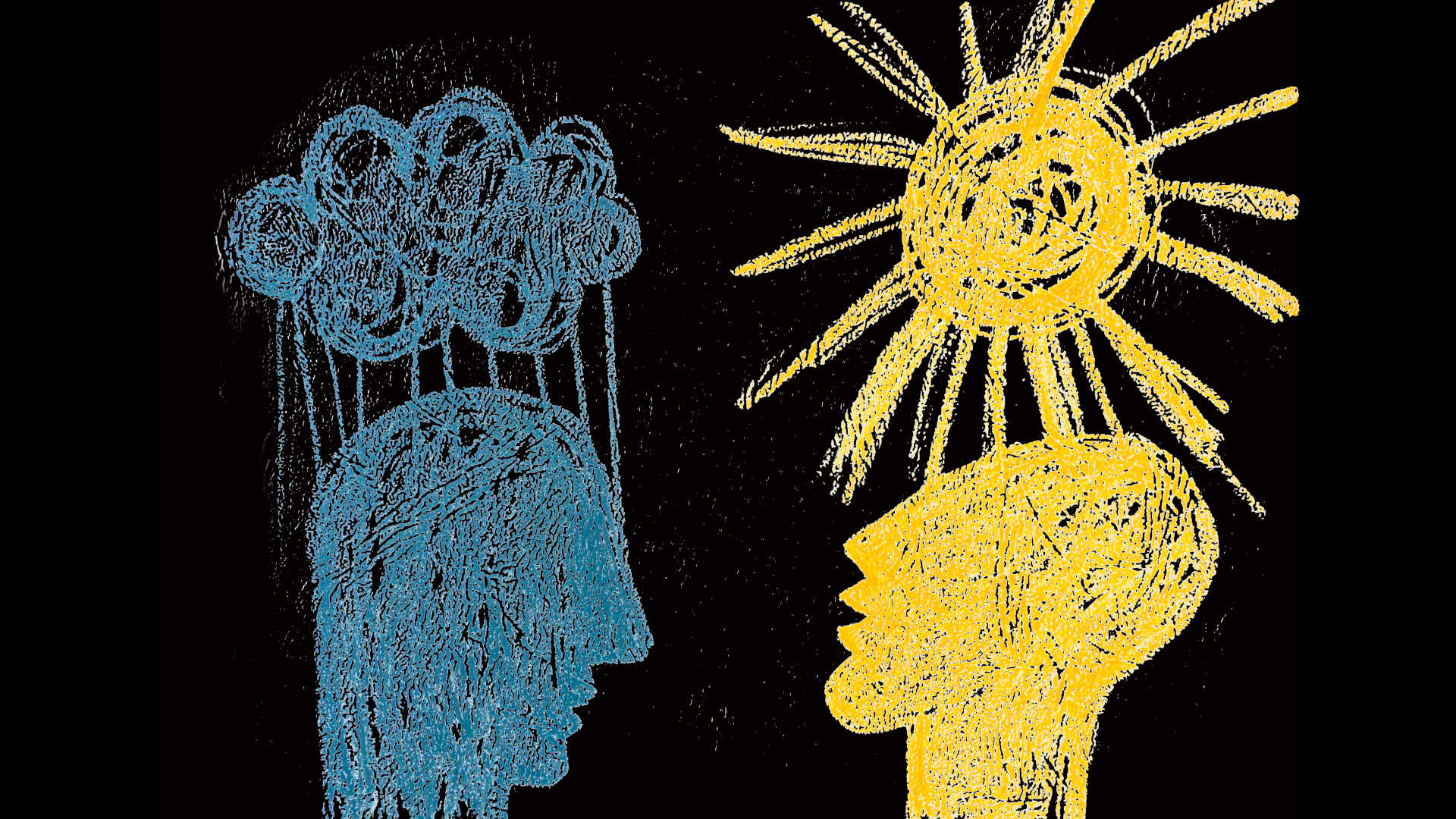
The debate over the teaching of history in schools portends a future war on ideas that includes the natural sciences.

If artificial intelligence-created content floods the internet, who decides what online information is worth archiving?


Policymakers should communicate how science informs their values and priorities in weighing policy trade-offs.
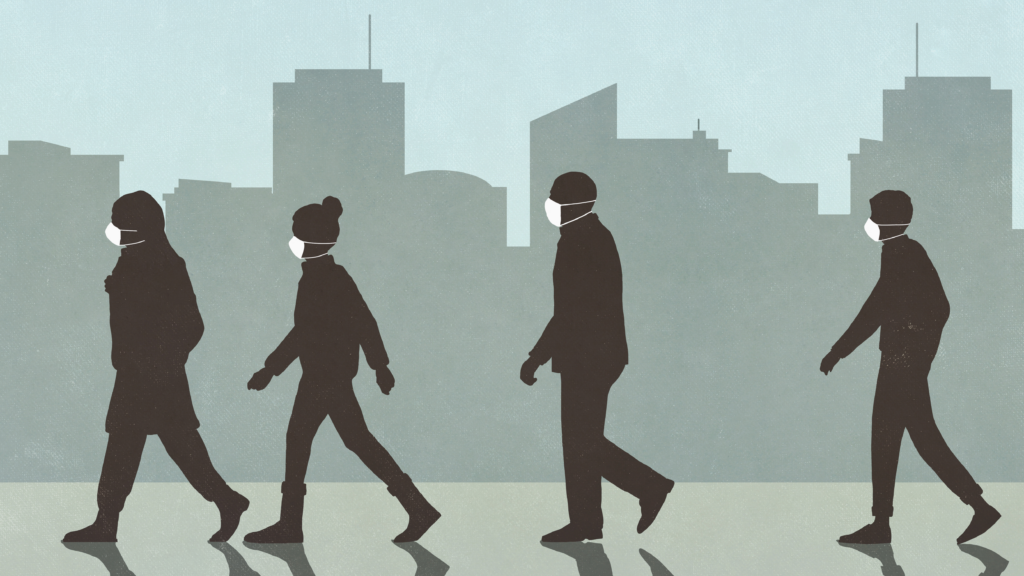
The scramble to get academic research funded contributes to society's inability to handle issues such as climate change.

High turnover among research coordinators can slow the progress of clinical studies. Standardizing the role could help.

Scientists who spend time peer-reviewing manuscripts don't get rewarded for their efforts. It's time to change that.
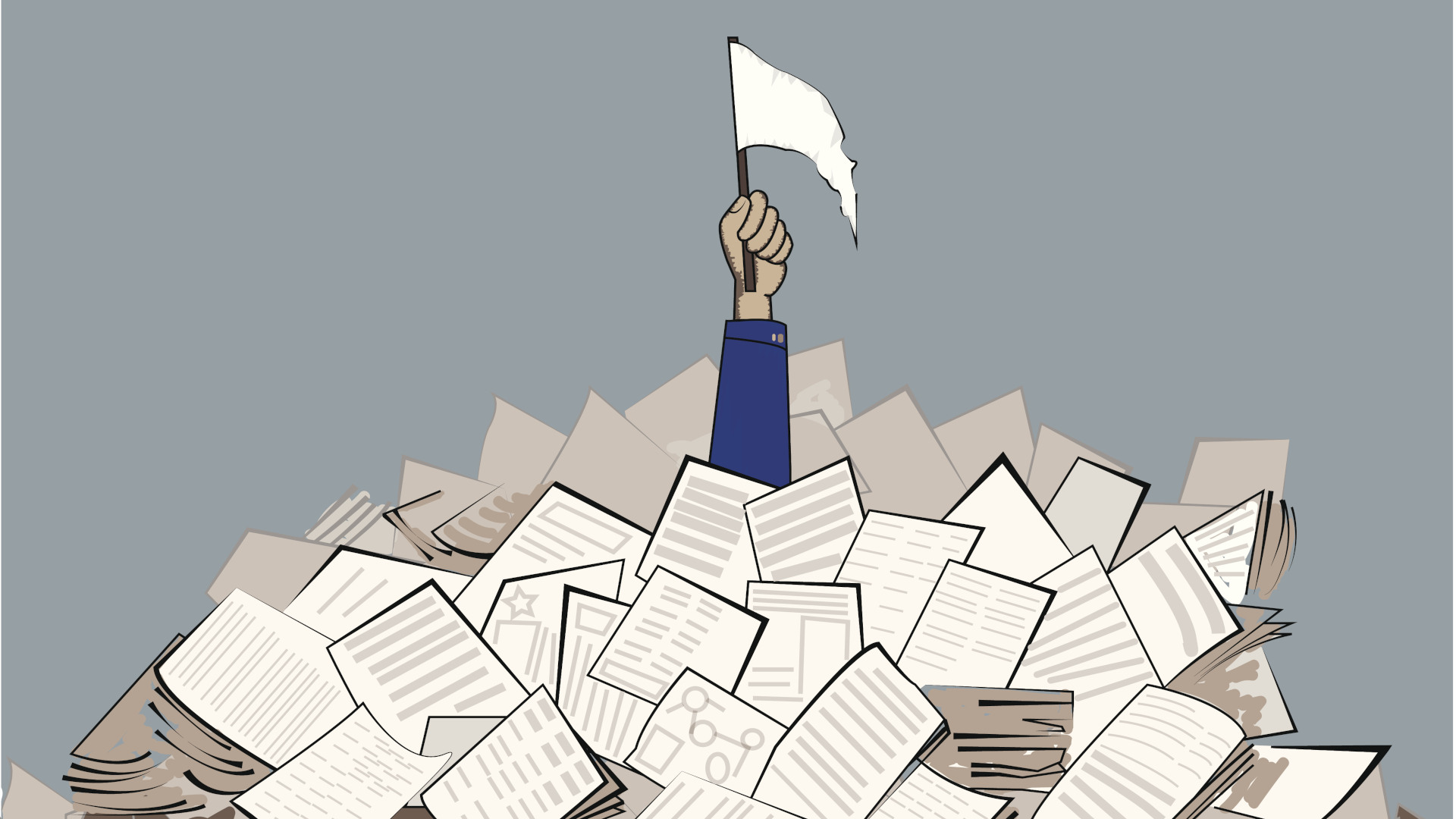
When recruiting study volunteers online, how can researchers deal with participants who fake their identities?

The powerful AI-driven software from DeepMind was released without making its code openly available to scientists.
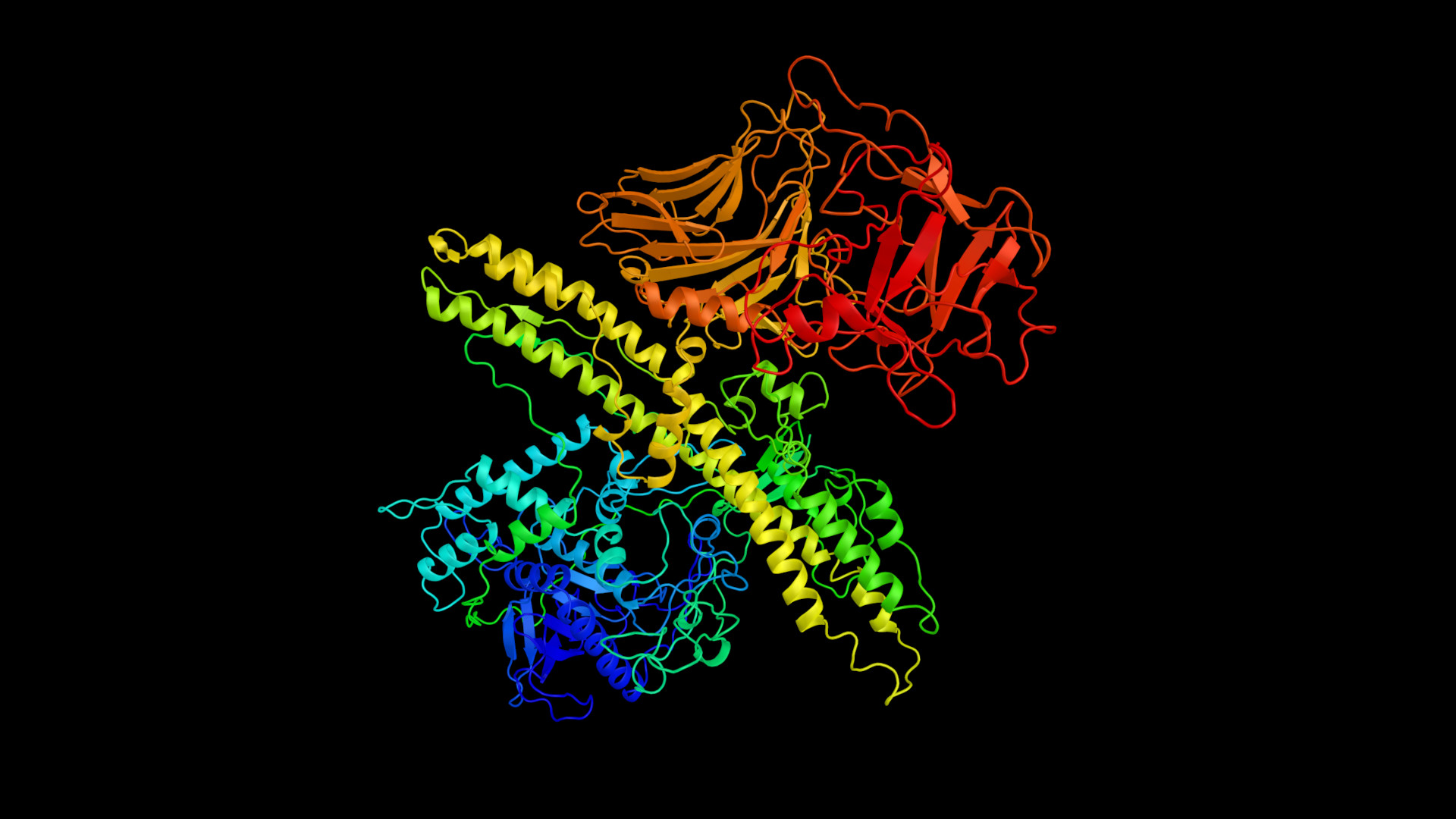
Debating scientific topics in a courtroom setting could be a way to inform and engage citizens in public policy.


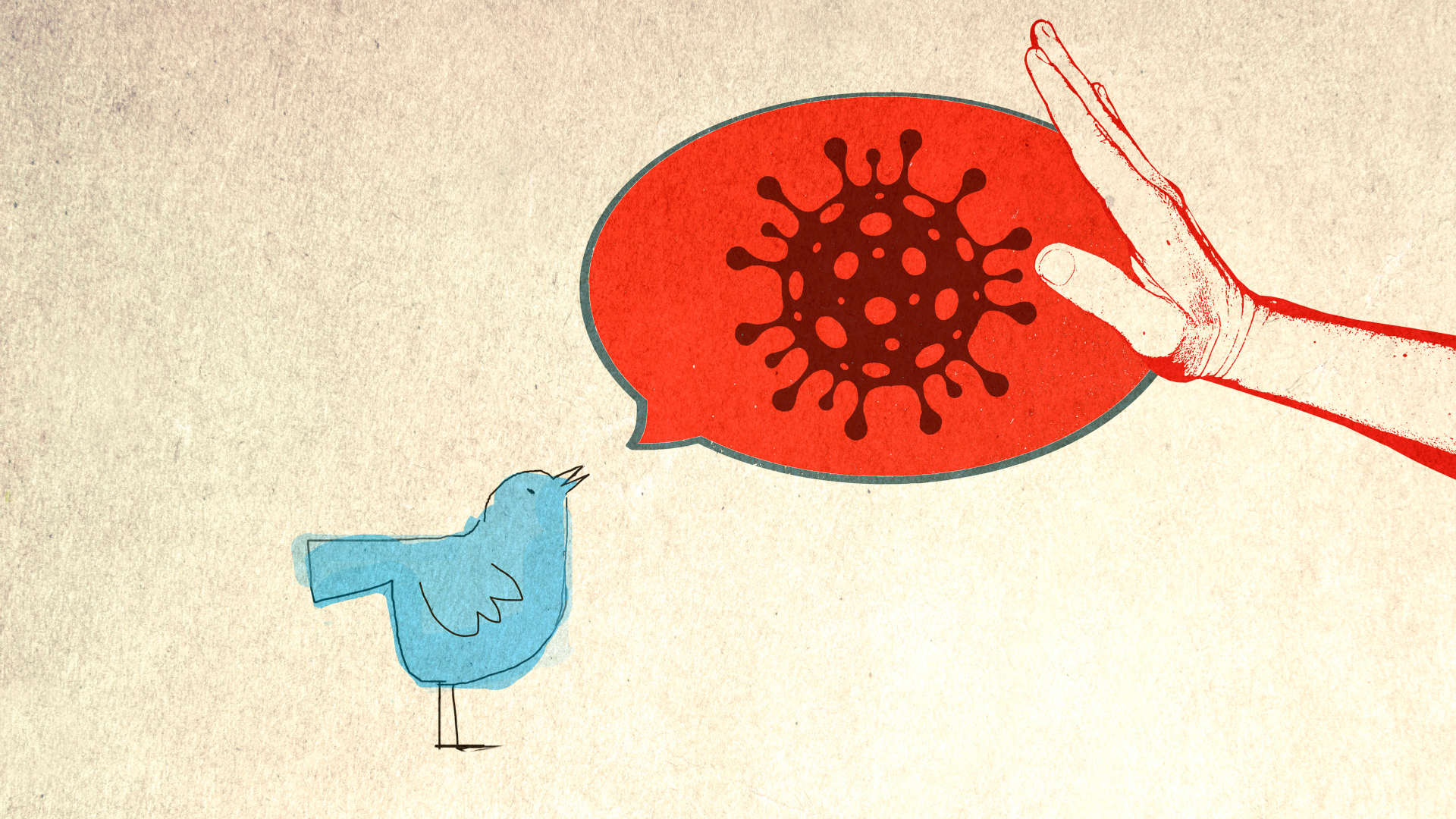
The EPA approved Oxitec's mosquitoes for release this spring. Some scientists and locals want to halt the deployment.
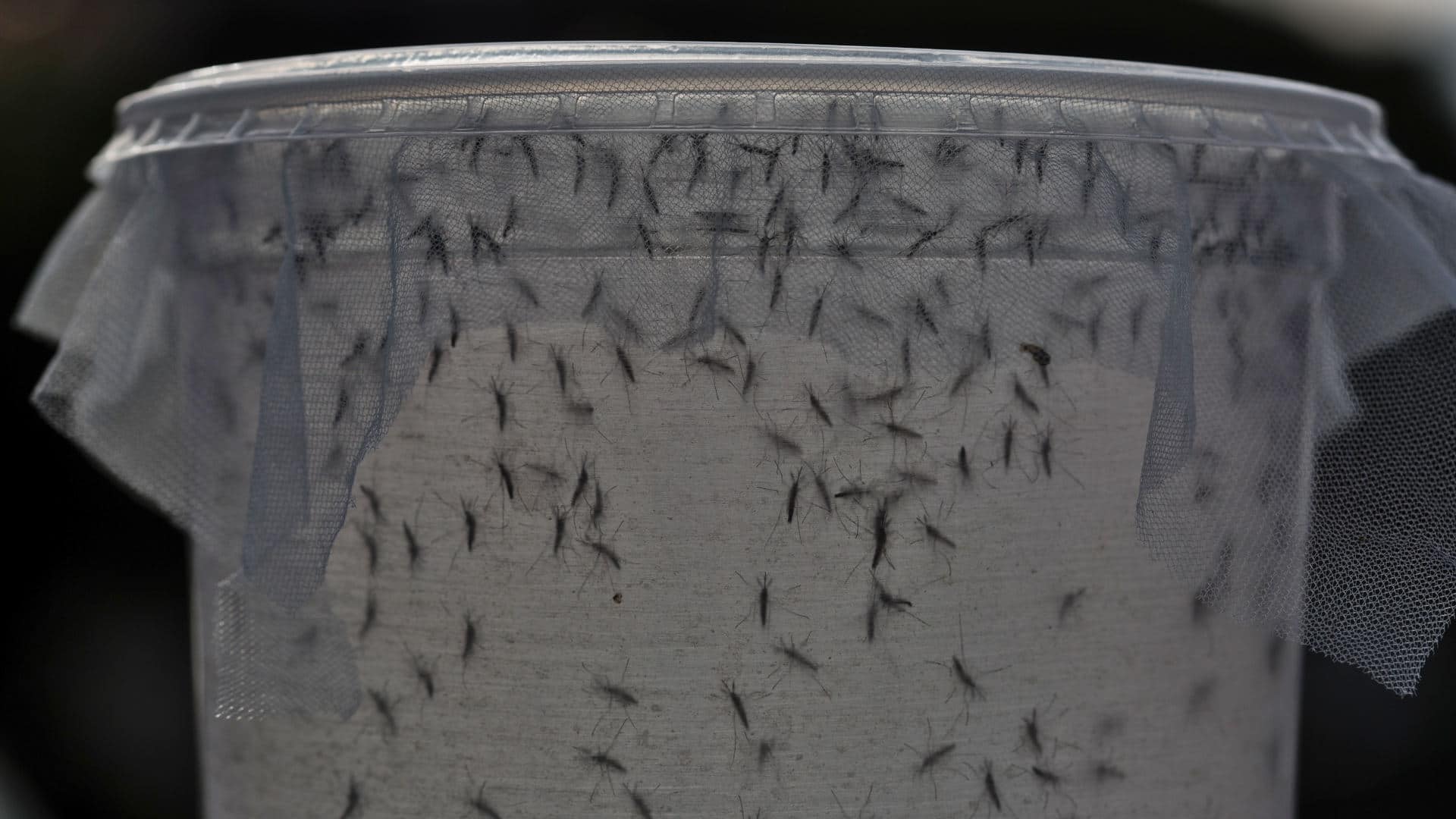
With male voices dominating the pandemic narrative, female scientists are lamenting the loss of diverse perspectives.
